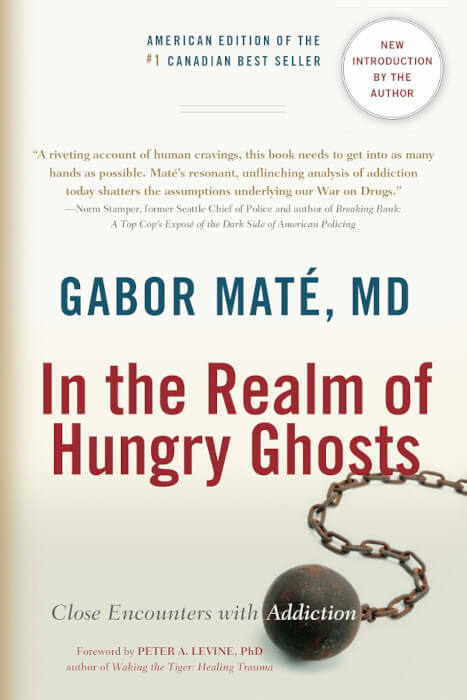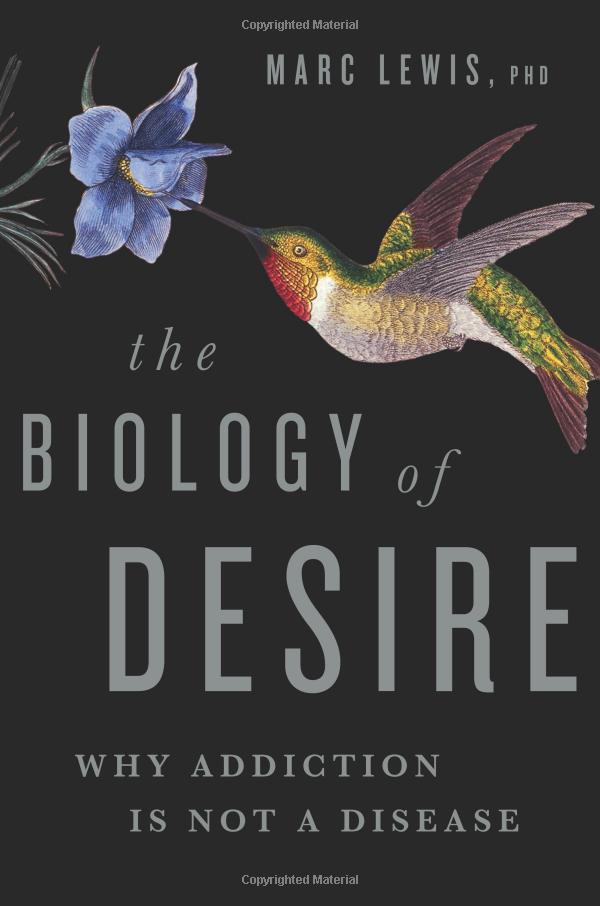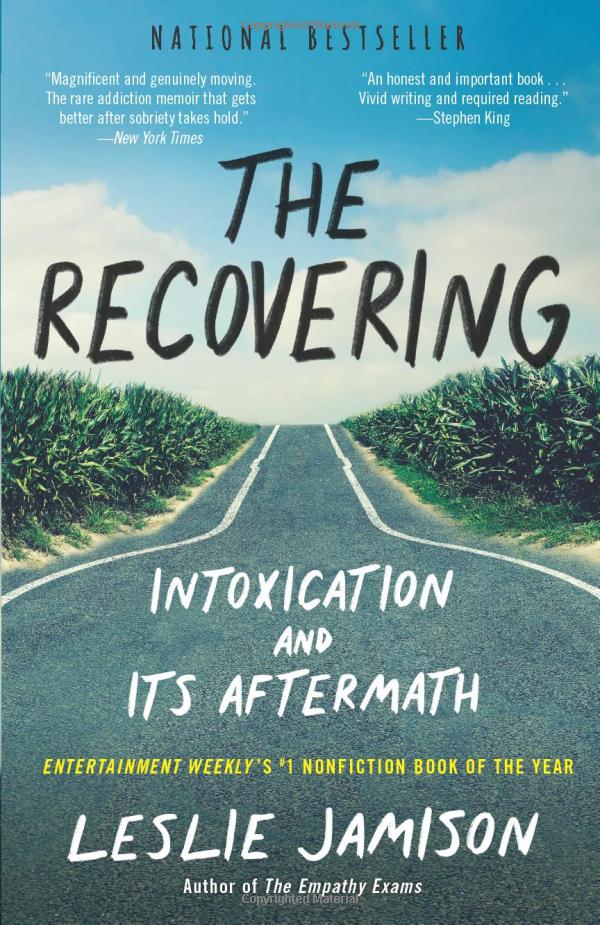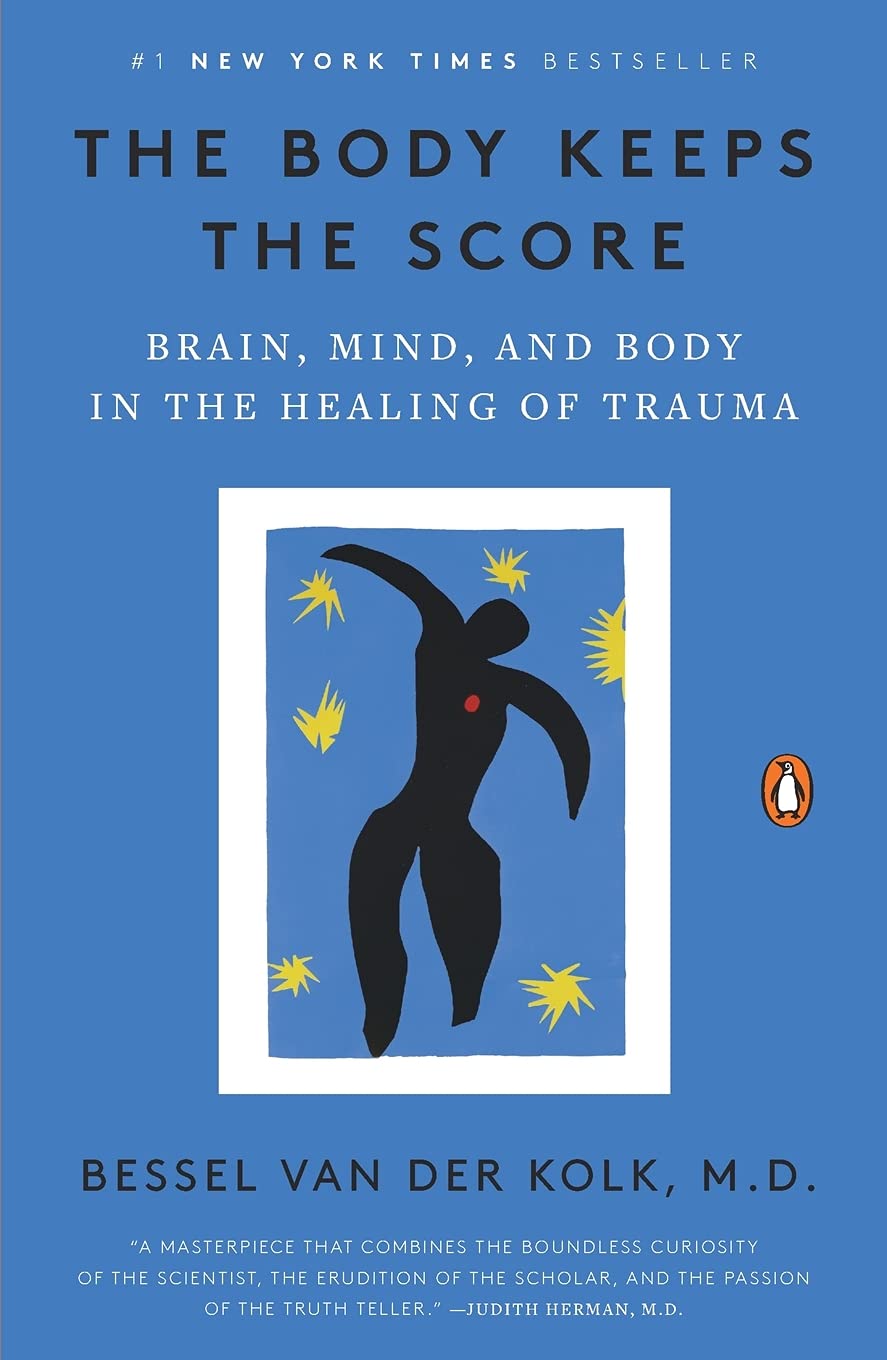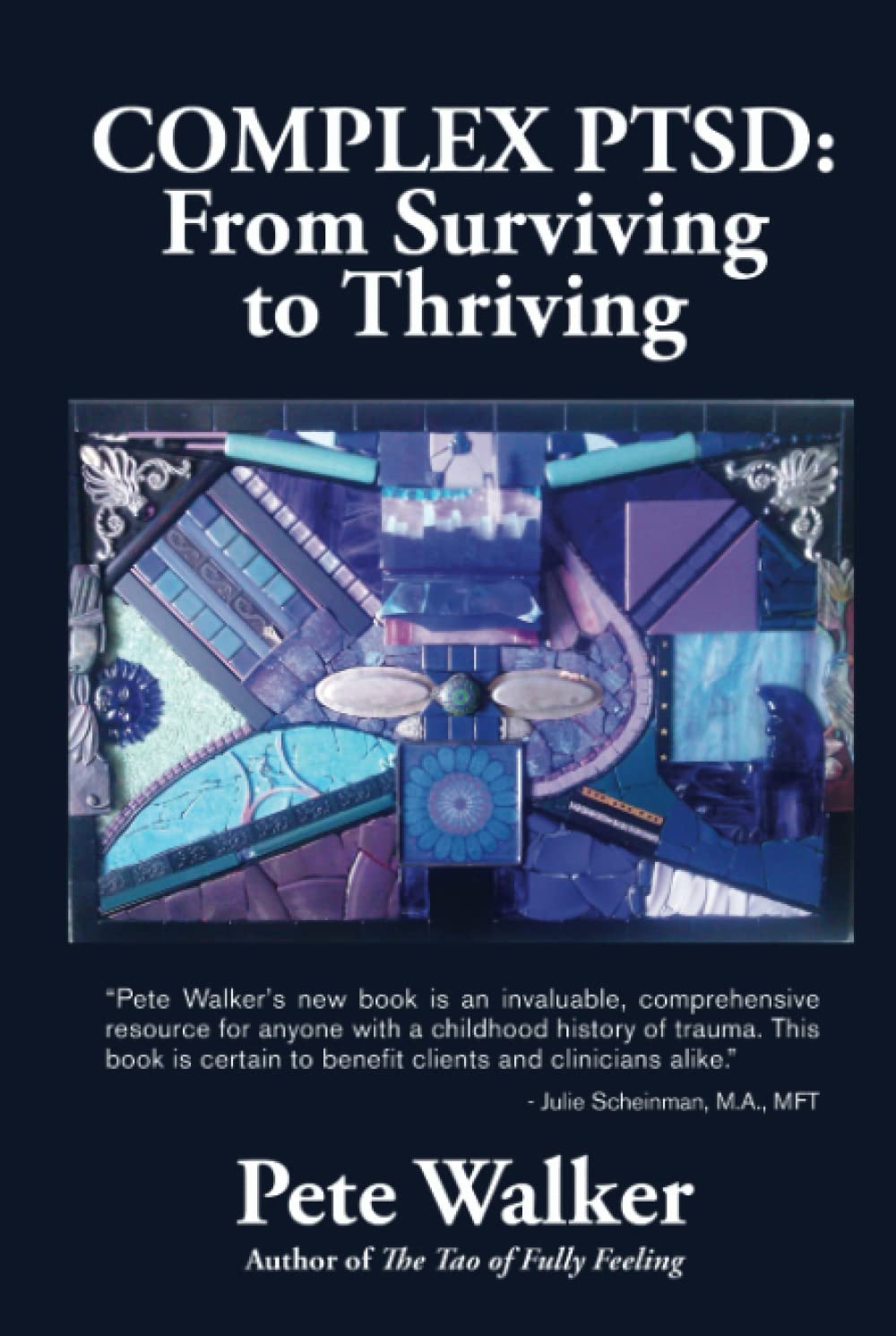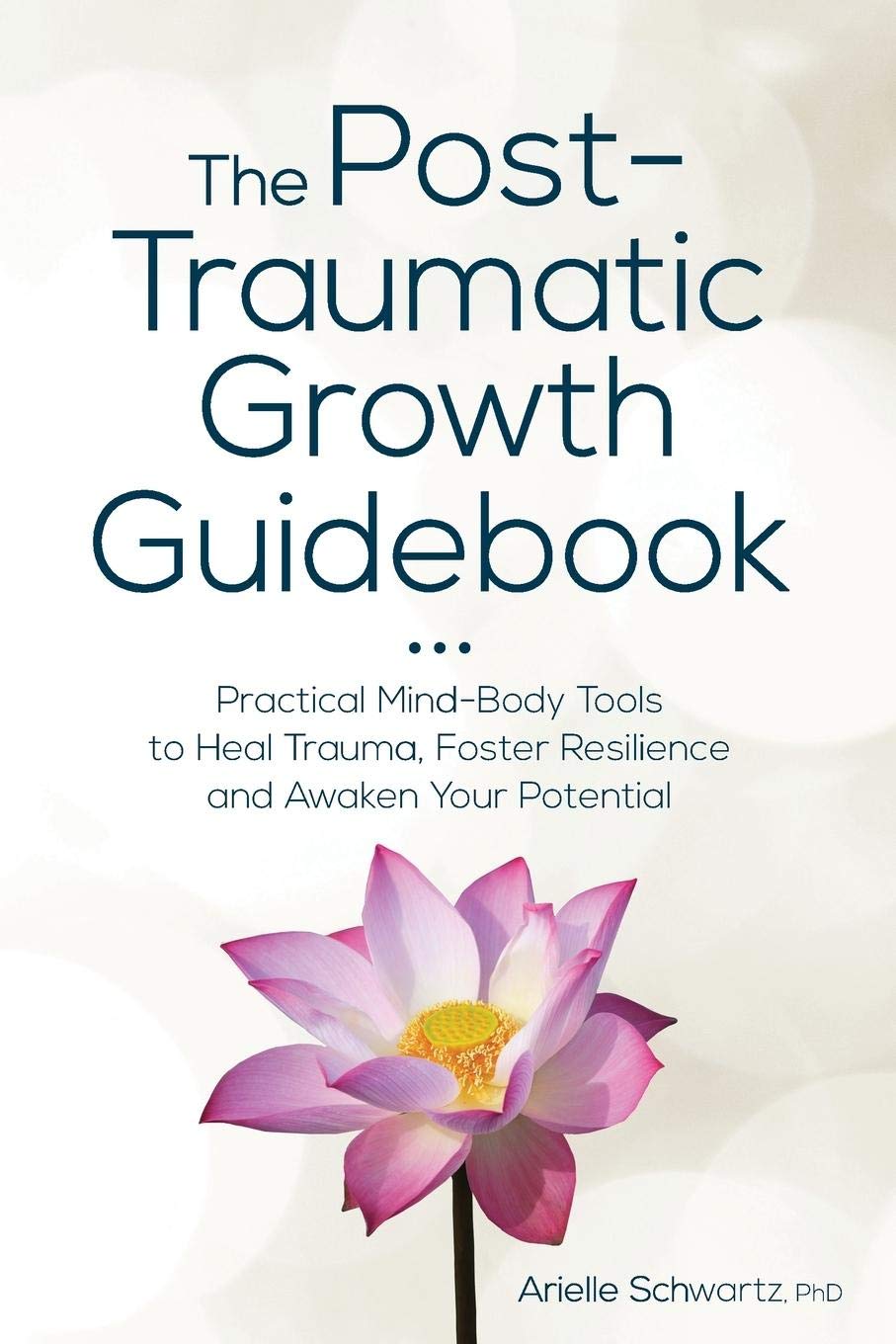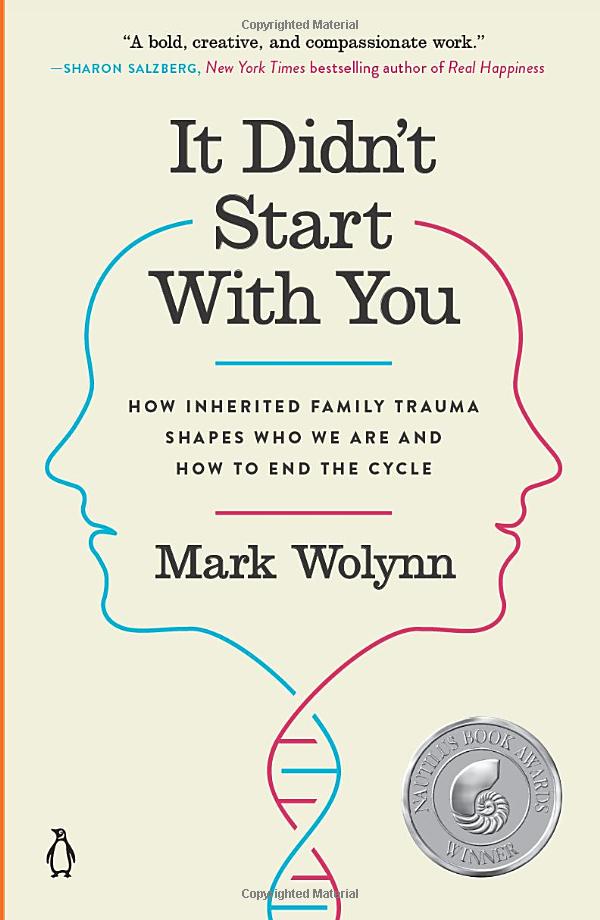It’s not easy to figure out what to do when you or a loved one is struggling with alcoholism. Keep in mind that help is out there, and that you can get better. In this article, we’ll go over some of the ways that people with this disorder can begin to heal and rebuild their lives. We’ll explore topics such as getting help, developing a plan of action, and using healthy coping mechanisms to stay sober. There is no universal formula for beating addiction, but with the right tools and a strong support network, anyone can get their life back on track. Now, then, shall we begin?
Go To Detox
If alcohol withdrawal symptoms are severe, it may be time to think about detox as a treatment option. During detox, symptoms like nausea, vomiting, headaches, tremors, and other physical manifestations of the body’s attempt to rid itself of the toxins that have accumulated as a result of alcohol abuse must be managed. Your body, after alcohol detox, will feel different, both physically and emotionally. It is crucial to have a safe, nurturing setting with access to medical help during detox. Depending on the severity of addiction, detox can be done either in an outpatient setting or an inpatient setting. You can better manage withdrawal symptoms and get back on track with your recovery with the help of a medically supervised detox programme.
Find Your Triggers
When it comes to recovering from alcoholism, it’s important to recognize your triggers and learn how to avoid them. Triggers can be certain people, places, or situations that cause a craving for alcohol. Recognizing your triggers and having a plan in place for handling them is essential in any recovery program. This may include deciding not to go to certain places or avoiding people who are drinking.
When preparing to deal with triggers, it’s also important to think ahead about what you’ll do instead of drinking, such as going for a walk or calling a friend for support. Learned skills to deal with triggers and fight cravings can be honed with time and effort. One of the most important aspects of maintaining sobriety and regaining personal agency is learning to identify and then evade your triggers.

Talk To Your Family
Talking to your family about alcoholism can be hard, but it’s an essential step in recovery. Your family can offer you support and understanding as you work toward recovery. They can provide a listening ear when needed, and they may even be able to help you find resources for treatment or support groups. Additionally, having open conversations with your family about the challenges and successes you experience can help to build trust and understanding. It’s important to have a supportive family network in place so that you don’t feel like you’re facing the challenge alone. Reach out to your family members today for support and understanding as you work toward recovery.
To overcome alcohol addiction, one must be committed and persistent. However, getting sober and keeping it off permanently is possible with the right tools and support system. Detoxification, identifying triggers, and discussing the problem with loved ones are all important first steps on the road to recovery. You should prioritise your own well-being and never forget that you have support. Even if things aren’t perfect today, tomorrow always holds the possibility of improvement. Take care of yourself as you make your way back to health.
Alcohol Use and Trauma
Researchers have been studying alcoholism and its connection to trauma-induced depression and anxiety for decades. Alcohol is frequently used as a coping mechanism to numb or escape the pain associated with trauma, such as abuse, neglect, or violence. To effectively treat and support those who struggle with alcohol use and mental health issues, it is critical to understand the connection between the two.
Trauma can lead to a variety of mental health issues, including depression and anxiety. Sadness, hopelessness, and a lack of worth are all symptoms of depression, while excessive worry, fear, and panic are all symptoms of anxiety. Trauma can alter neural pathways in the brain, making it harder to control one’s emotions and deal with stress. Some of these symptoms may be temporarily alleviated by alcohol, but heavy drinking is actually harmful in the long run.
Substances containing alcohol have a depressant effect on the central nervous system. It has the potential to temporarily enhance feelings of happiness and relaxation in those who consume it, but it also has the potential to impair judgement, cause memory loss, and even cause blackouts. Consistent alcohol consumption worsens depressive and anxious symptoms in the long run by interfering with sleep, leading to nutritional deficiencies, and heightening feelings of hopelessness and despair. Addiction is another risk, which can have a devastating effect on already fragile mental health.
When dealing with post-traumatic stress disorder, many people turn to alcohol because it gives them a sense of mastery over their emotions. Those who have experienced trauma may turn to alcohol as a means of temporarily numbing the overwhelming feelings of helplessness and powerlessness that often accompany such experiences. This feeling of mastery is, however, deceptive, as alcohol use can rapidly become destructive and lead to a downward spiral of helplessness and despair.
Alcohol abuse treatment that is also effective at alleviating post-traumatic depression and anxiety must do so simultaneously. This includes giving people the space and time to work through their emotions and get over their cravings, as well as receiving therapy to help them process and heal from past trauma. When symptoms are severe, medication may be necessary.
Anxiety and depression can be exacerbated by alcohol use, so it’s important to recognise the connection between the two when treating people who suffer from these conditions. The negative effects of trauma on mental health can be compounded by alcohol use. Individuals can heal and make progress in their recovery if they receive a holistic treatment plan that takes into account both of these factors.
If you are suffering from an alcohol addiction, seeking professional help can help you regain control of your life and achieve long-term recovery. It is critical to find a qualified and experienced professional who understands the complexities of alcoholism and can assist you in navigating the challenges that come with it.
Alcohol use disorder is very often a complex issue that can have serious consequences for your physical, mental, and emotional health, as well as your relationships and overall quality of life. Seeking assistance from a professional who has worked with people who have alcohol use disorders can provide you with the support and guidance you need to overcome addiction.
Therapy, medication, support groups and other forms of care can all be used to treat alcohol related issues. Working with a professional who understands the unique challenges of alcohol and can tailor treatment to your specific needs can improve your chances of success significantly.
Remember that seeking help is a brave step towards a healthier and happier version of yourself. Anyone can overcome alcohol addiction and achieve long-term recovery it all has to do with making the descision to start recovery with the right support and care.




